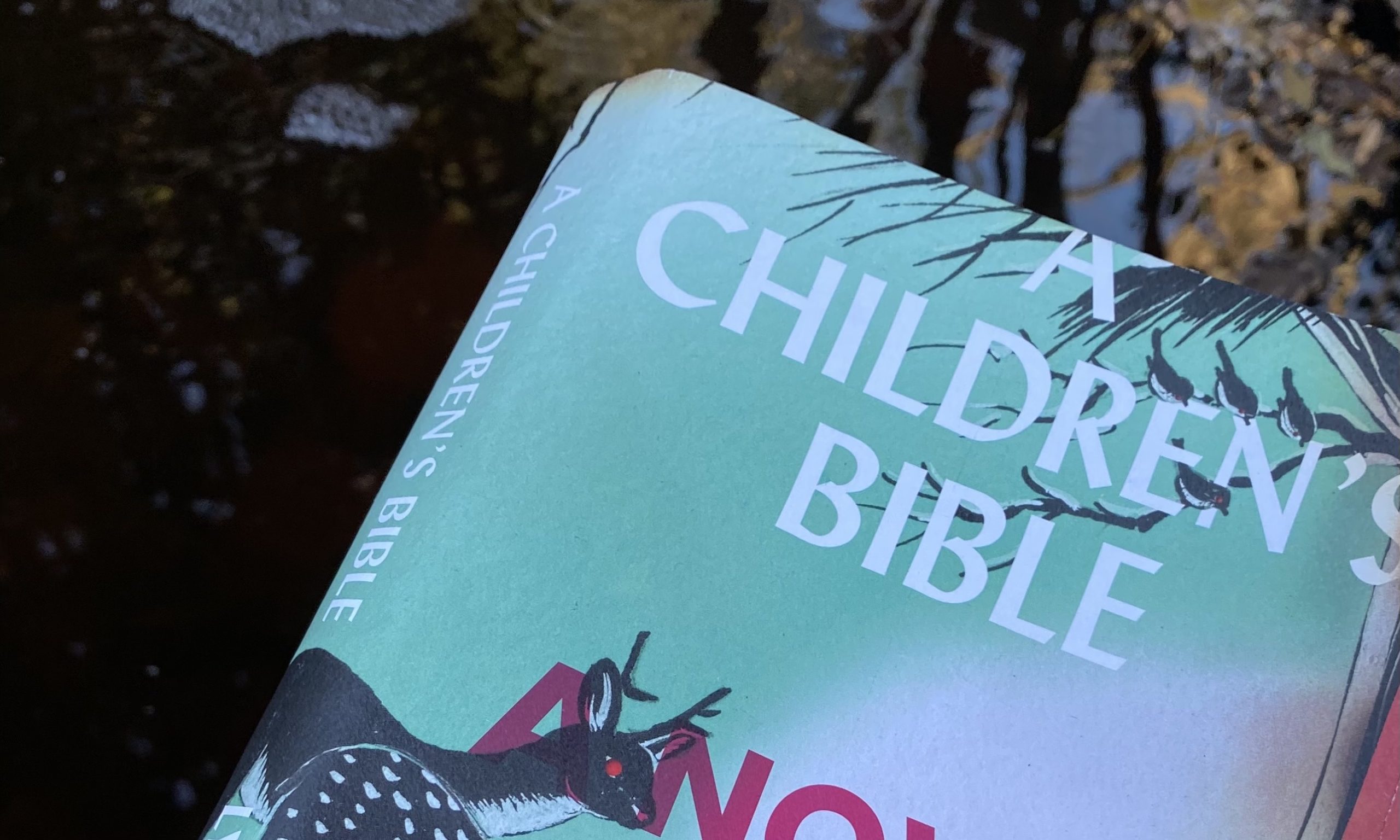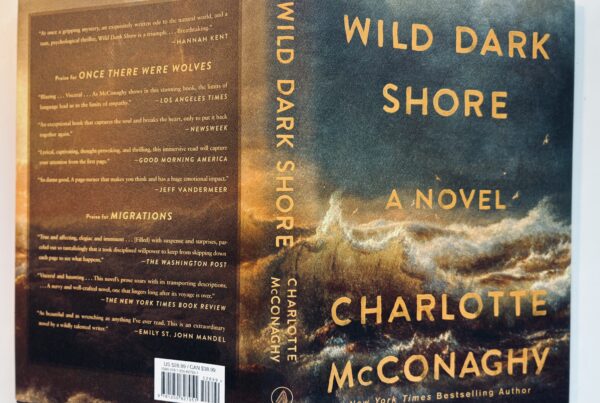My favorite of all the dystopian, apocalyptic disaster novels I’ve read lately, (and, not so strangely, there have been a few) Lydia Millet’s short, brilliant creation, A Children’s Bible, manages to edge its humor and beauty with despair rather than the other way around. Acutely relevant yet steeped in fairytale and Biblical mythology, the book begins, “Once we lived in a summer country. In the woods there were treehouses, and on the lake there were boats.” The dreamy language of fable is juxtaposed by the deadpan wit of the narrator, Eve, who joins a feral gaggle of children ranging in age from “innocents” to high-school seniors. Forced together in an idyllic lake house by feckless adults who are drinking their way through a lengthy college reunion, the children make a game of disowning their embarrassing, useless parents. When a terrifying storm destroys the “robber baron’s…palatial retreat,” the parents devolve in even more awful ways until the children exile themselves to seek safety and sanity.
Eve and her sweet younger brother Jack have been raised in a liberal family (mother a professor of feminist theory, father an artist who “sculpted enormous busty women, lips, breasts, and perhaps private parts garishly painted. Often with scenes of war-torn or famine-struck locations. The labia might be Mogadishu. He was quite successful”): note Millet’s mordant skewering of the White intelligentsia. Jack has possession of a children’s Bible, and his religious ignorance allows for a decoding that forms the heart of Millet’s “lessons” while the many Biblical symbols and events scattered through the novel are less important: the flood, allusions to Noah’s Ark, Cain and Abel, a babe in a manger, angels, a plague, a crucifixion, even God herself who swoops in aboard a black helicopter. Instead, it is Jack’s theory—God is Nature and Jesus is Science—that alludes to the reckless present and gives urgency to Jack’s conclusion that we must act.
Hovering at the corners of the absurd, this story of wise children and foolish adults (Eve recalls a dim memory of being dragged away from a climate-change protest march by parents who are enraged because they are late for dinner) is an obvious allegory at the same time as it lives in the “real” world of disgruntled adolescents, neglectful parents, encroaching catastrophe, political malfeasance, and class warfare. In the end, there is a garden, a profound sadness, and a flicker of hope in the power of art. It is more than we deserve.




